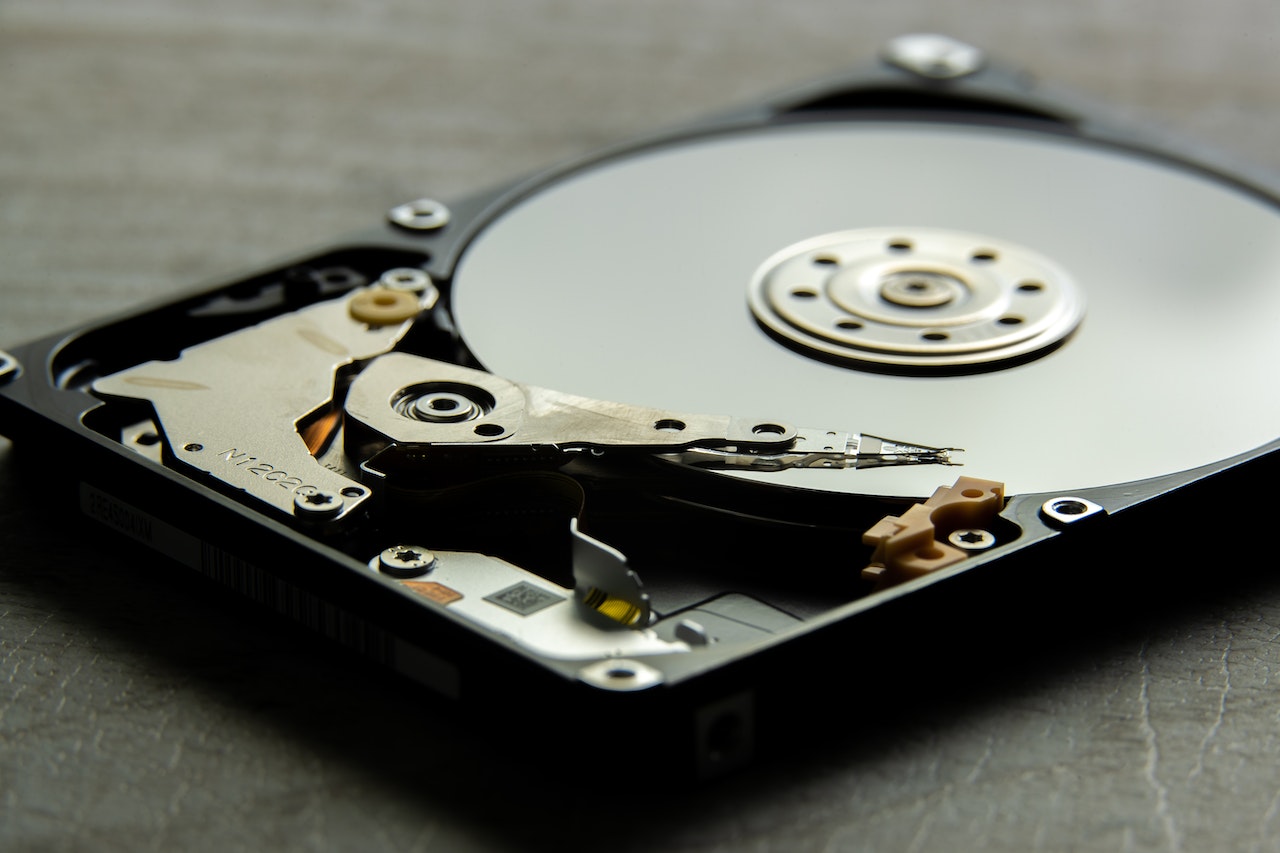In today’s data-driven world, Hard Disk Drive Failure where digital information is the backbone of businesses and personal life, the importance of reliable data storage cannot be overstated. Hard Disk Drives (HDDs) have long been the primary means of storing vast amounts of data on computers, servers, and other electronic devices. However, like any mechanical device, HDDs are prone to failure, which can have significant implications for individuals and organizations alike. We will delve into the critical topic of understanding the impact of hard disk drive failure and explore its causes, consequences, and measures to mitigate its effects.
Causes of Hard Disk Drive Failure
Hard Disk Drive failure can be attributed to various factors, both external and internal. Some common causes include:
- Physical Damage: Physical shocks, drops, or exposure to extreme temperatures can damage the delicate components of an HDD, leading to mechanical failure.
- Wear and Tear: Over time, the continuous spinning of the disk and the movement of the read/write heads can cause wear and tear, eventually leading to performance degradation and failure.
- Power Surges: Sudden power surges or electrical issues can damage the electronic components of an HDD, rendering it inoperable.
- Manufacturing Defects: While modern HDDs are well-engineered, manufacturing defects can occasionally result in premature failure.
- File System Corruption: Corruption of the file system due to software errors or malware can lead to data loss and HDD instability.
Consequences of Hard Disk Drive Failure
The consequences of hard disk drive failure can be severe, affecting both individuals and businesses:
- Data Loss: The most immediate and significant impact of HDD failure is the potential loss of valuable data. For individuals, this may mean the loss of cherished memories, personal documents, and other important files. For businesses, it could result in the loss of critical customer data, financial records, and intellectual property.
- Downtime and Productivity Loss: In a business setting, HDD failure can lead to downtime, causing disruptions to operations and productivity. When employees cannot access their data or applications, work grinds to a halt, leading to financial losses and potential customer dissatisfaction.
- Financial Costs: HDD failure can incur substantial financial costs for data recovery services, hardware replacement, and potential legal ramifications if sensitive data is compromised.
- Reputation Damage: For businesses, data loss resulting from HDD failure can damage their reputation and erode customer trust. In today’s highly competitive market, consumer confidence is paramount, and a data breach can have lasting consequences.
Mitigating the Impact of Hard Disk Drive Failure
While HDD failure is inevitable at some point, taking preventive measures can significantly reduce its impact. Here are some strategies to mitigate the consequences of HDD failure:
- Regular Data Backup: Regularly back up your data to an external storage device or cloud-based service. This practice ensures that even if your HDD fails, your data remains safe and can be restored.
- Implement RAID: In a business setting, using RAID (Redundant Array of Independent Disks) configurations can provide redundancy and fault tolerance, ensuring that data remains accessible even if one disk fails.
- Monitoring and Maintenance: Employ monitoring tools to keep an eye on the health of your HDD. Regular maintenance, such as disk defragmentation and temperature monitoring, can help extend the life of your hard drive.
- Uninterruptible Power Supply (UPS): Use a UPS to protect your computer or server from power surges and sudden power outages, reducing the risk of damage to your HDD.
- Invest in Solid State Drives (SSDs): Consider upgrading to SSDs, which have no moving parts and are more resistant to physical shock, making them less prone to mechanical failure.
Conclusion
Understanding the impact of hard disk drive failure is crucial in safeguarding your data and maintaining the smooth functioning of your systems. Whether you are an individual or a business owner, taking proactive measures to prevent data loss and HDD failure can save you from the distressing consequences associated with a catastrophic disk failure. Remember to back up your data regularly, invest in reliable storage solutions, and stay vigilant about the health of your HDDs to ensure data integrity and peace of mind.




